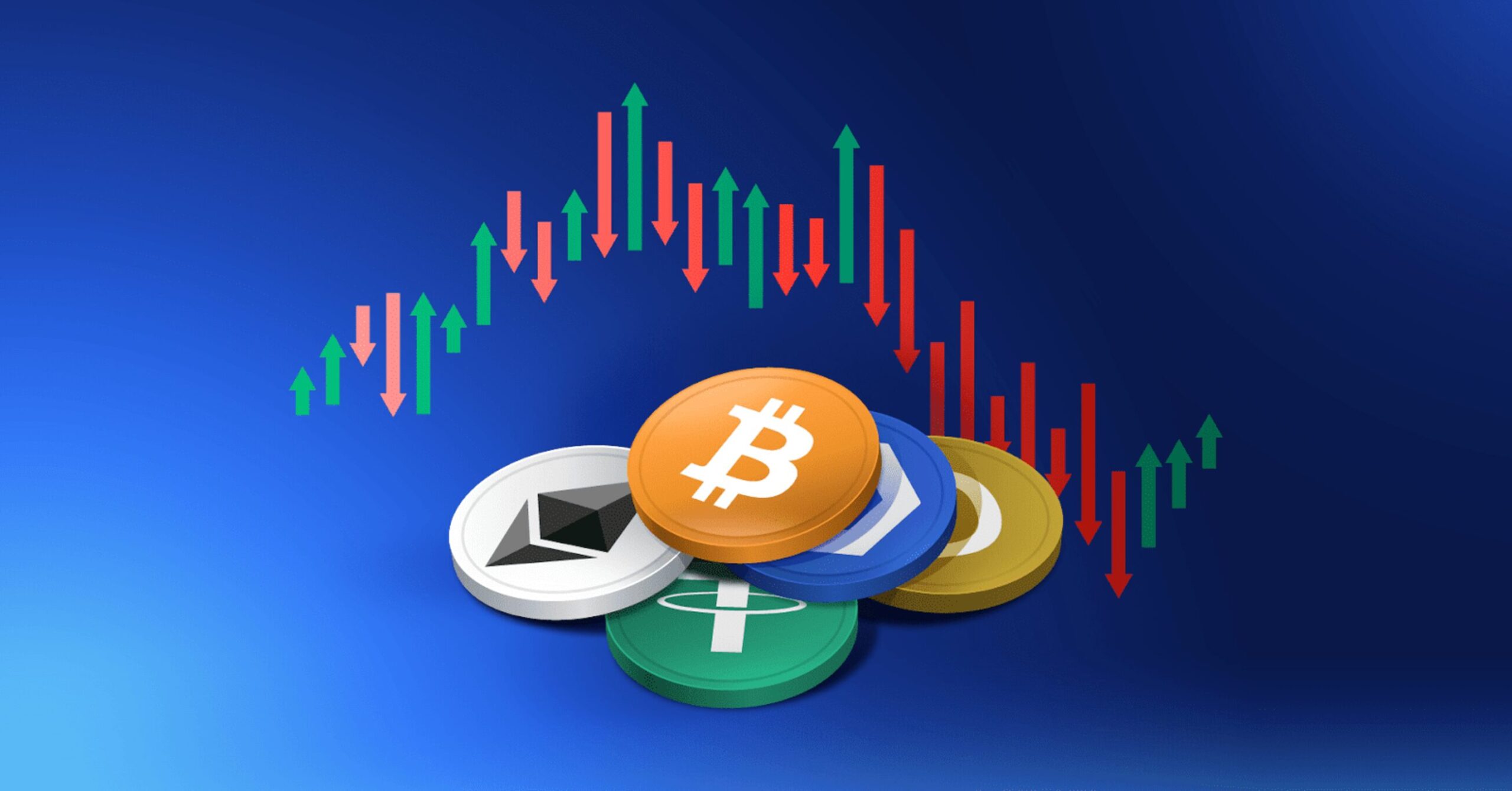Crypto exchanges emerged primarily as a marketplace for buyers and sellers of cryptocurrency and other digital assets. They also act as a hub for bringing together crypto enthusiasts worldwide. In this article, we will explore the role of crypto exchanges in the development of cryptocurrency and share tips on how to find the best exchange for crypto.
What Do Crypto Exchanges Bring to the Table?
Crypto exchanges are an integral part of the digital asset trade. They bring together fiat and crypto traders and ensure liquidity and market expansion. Cryptocurrency exchanges present the world of crypto trade to novices and hold plenty of profitable opportunities for experienced traders. With state-of-the-art technologies, crypto exchanges merge multiple features into a single platform, providing a safe space to store your assets, an energetic market, and a chance for growth, both financial and personal.
Exchanges greatly contribute to the popularity of cryptocurrencies, serving as a stepping stone towards world-scale recognition. The global cryptocurrency market’s worth that surpasses $3 trillion is a testament to the role that crypto exchanges played in the rise of the industry as a whole.
The obvious advantage of a crypto exchange for the users is the ability to see all the options in one place. There is no need to search for trade partners or new cryptocurrencies on your own. The abundance of possible trades is at the tips of your fingers. You just need to find the best trading options by choosing the right type of crypto exchange.
Types of Crypto Exchanges
There are numerous types of crypto exchanges that can accommodate the needs of any trader, from beginners to weathered players. Keeping your priorities in mind, be it privacy, high liquidity, rigorous supervision, or lack thereof, you can find the crypto exchange that suits you.
- CEX orcentralized exchanges, such as Binance, Coinbase, or Kraken, are more regulated and accommodate fiat currencies. Managed by a single central entity, a centralized exchange provides faster transaction speeds, high liquidity, and various trading features. As a rule, users must trust the exchange with their funds and complete a KYC process. CEXs generally offer fewer cryptocurrency pairs compared to other types of exchanges. They are also prone to hacker attacks as the funds and user information are stored on the authority’s servers.
- DEX or decentralized exchanges, such as Uniswap and PancakeSwap, lack a central authority and enable users to trade cryptocurrencies directly with each other with minimal oversight. Instead of depending on the authority to facilitate and secure transactions, these exchanges utilize technologies such as distributed ledgers, also known as blockchain, and smart contracts. DEXs typically offer a wide selection of cryptocurrencies but usually do not support fiat currencies. Their trading process is more complicated for beginners; they have higher fees and slightly slower transaction speeds. However, this is offset by enhanced privacy. Additionally, users retain control of their funds and hold their private keys.
- Hybrid exchanges, for example, Bitget and Gemini, combine features of both types of exchanges mentioned above. They have a user-friendly interface, relatively high liquidity, and fast speed of centralized exchanges while offering a broad range of coins and improved privacy.
In the future, crypto exchanges are expected to see even further intersection of CEX and DEX practices that passed the test of time and received positive user feedback.
Crypto Exchange Pitfalls
Online Security
Any information stored online is potentially vulnerable to numerous security threats, including hacker attacks. To protect your assets, see if the crypto exchange of your choice offers cold storage, 2F authentication, end-to-end encryption, or other security measures. When it comes to asset security, DEXs are less likely to lose funds because users do not transfer their crypto to the exchange. So, before you start trading, you should protect your personal data online. Check if the crypto exchange has security guidelines that would help you stay safe.
Market Manipulation and Volatility
The cryptocurrency market is fairly volatile since crypto value is a result of the traders’ consensus more than anything else. Therefore, bad actors engage in all kinds of manipulation schemes to influence the market conditions in their favor, such as spoofing, bear raiding, wash trading, or FUD (Fear, Uncertainty, and Doubt). The latter stands for spreading false rumors and misleading traders by creating doubt about certain cryptocurrency’s reliability.
However, there are plenty of instruments that help traders navigate the crypto market and predict uptrends and downtrends. They include technical indicators like the stochastic oscillator or on-balance volume and fundamental analysis of the market sentiment. With the emergence of AI-powered analytics, it has become much easier to master these helpful tools.
Regulatory Nuances
The crypto regulation landscape varies from country to country. Legislation-wise, most jurisdictions are still trying to catch up with the rapidly evolving crypto industry. However, if you’re operating in the USA, check if the crypto exchange complies with the BSA (Bank Secrecy Act) or has a Bit License for New York State. In the EU, you should check out 5AMLD and MiCA regulations. Whatever your location, make sure to study the relevant legislation before you trade in crypto.
Research
You should consider several other things when selecting a crypto exchange. To identify a secure exchange, evaluate the company’s standing, presence on social media, and openness. Ensure they offer the currency pairs you need and are upfront about the liquidity of their assets. Carefully assess the risks involved in trading. Cryptocurrency is an ever-evolving and highly unpredictable market, so conducting thorough research before investing is essential.
Conclusion
Crypto exchanges gave the cryptocurrency industry a major boost, promoting the use of existing cryptocurrencies and the creation of dozens of new ones. As networking hubs, crypto exchanges also facilitated the growth of the crypto community, convincing even more people to diversify their financial assets and try out crypto investment and trade. Different crypto exchange types emerged to satisfy various trader needs. Some of them emphasize liquidity and speed, while others lean on privacy. The future of the crypto industry lies in incorporating the best practices from all types of exchanges to offer the optimal environment for successful trade.































